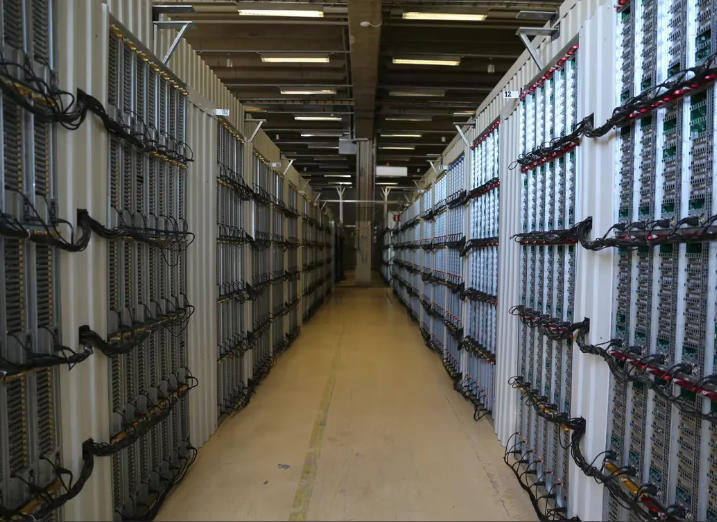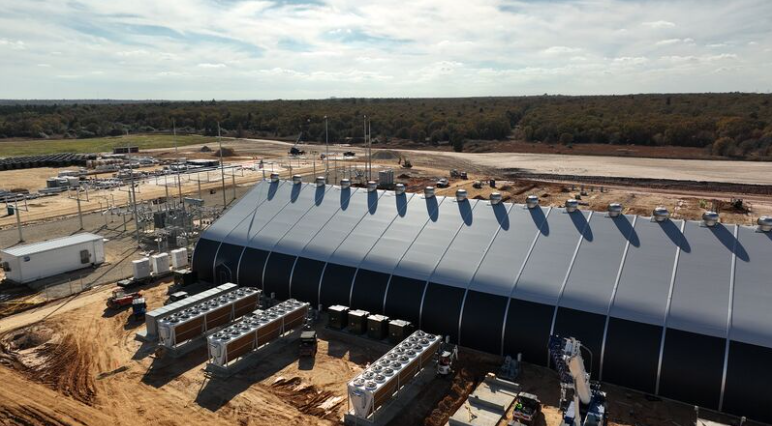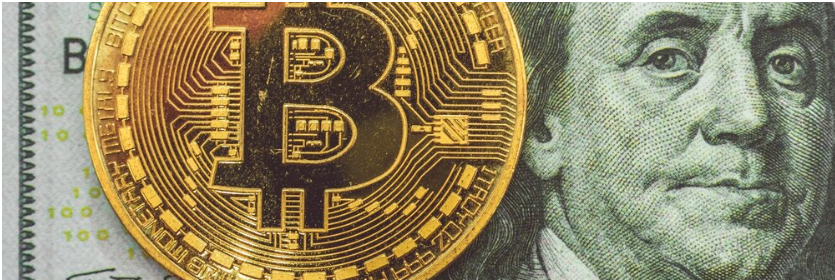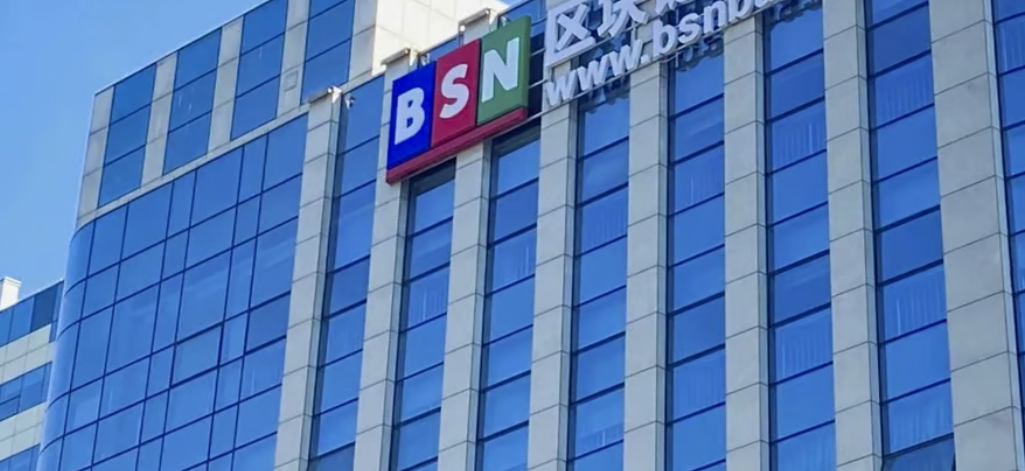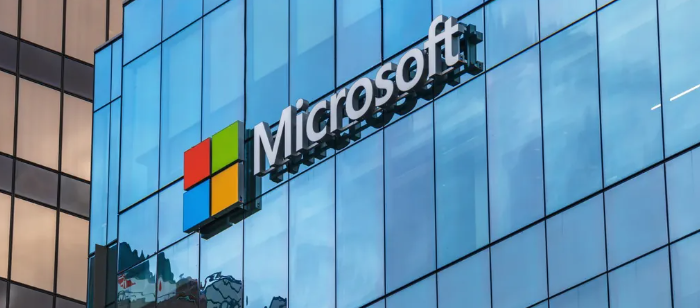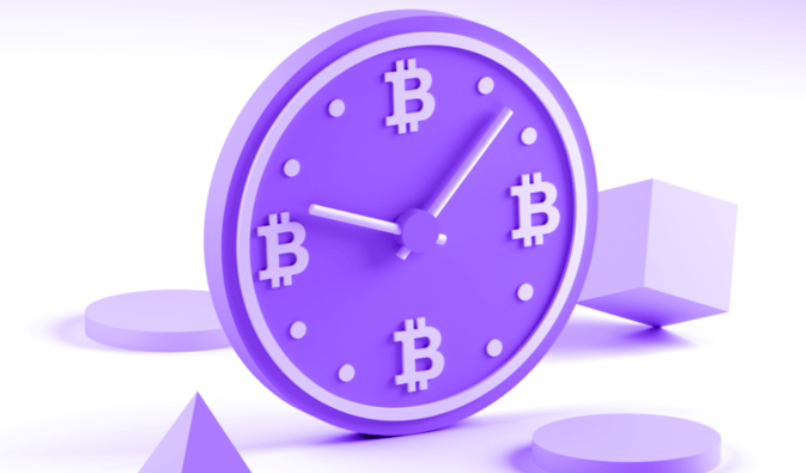Whenever the word blockchain comes up, most people think of fintech and cryptocurrency. That’s just the tip of this revolutionary iceberg, which is capable of much more than bitcoin transactions. One of its potential breakthrough features is the use of blockchain in procurement, which could significantly improve a company’s strategic planning and operational performance.
What is Blockchain?
First of all, yes, it is a blockchain. In this case, a block is a block of data. This data is a timestamped ledger entry that contains immutable records, but is decentralized. That means that the information is stored in a group of computers and distributed among them. This is the chain. Every time something happens to a product or a transaction takes place, a new block is added to the chain. The information is cryptographically protected and each participant has access to it, but there is no single central controller. It is a distributed ledger and heavily encrypted.
Blockchain in Procurement
When it comes to procurement, blockchain is a secure method of tracing a product or transaction from source to procurement and payment. A new data block is created for each transaction along the supply chain, or during the process of turning component products into finished products. Since the information is encrypted, the procedures are immune to tampering. Also, since there is no third party controlling the process, blockchain allows for B2B or business-to-business transactions, which simplifies the entire supply chain.
Many innovations in procurement processes and supply chain management could be instituted using blockchain technology. Some of the potential applications and benefits of the distributed ledger system may include the following.
SMART CONTRACTS
Blockchain in procurement could benefit substantially from the use of smart contracts. These tamper-proof agreements can be entered into between two or more parties and can be automatically executed when preset terms and conditions are met. Smart contracts are capable of self-verification, verifying the performance of their own conditions and ensuring that the terms of given contracts are met. They can also automatically release payment to the relevant party or parties when the contract is completed.
Smart contracts can cover an end-to-end transaction between multiple parties throughout the entire supply chain. The value and terms of the entire transaction are fully integrated and visible to all parties, and each stage of the process is recorded in the ledger when its conditions are executed.
SUPPLY CHAIN TRANSPARENCY AND TRACKING
Blockchain technology can enable buyers to guarantee the authenticity of products at source and track their passage through the supply chain process. Suppliers will have to establish verifiable audit trails of all goods, which can also be traced from origin to delivery. The transparency of distributed ledger technology means that critical credentials, such as authorizations, certificates, and status qualifications, cannot be falsified or compromised.
BUILDING TRUST
This transparency also helps build trust and develop good business relationships. Due diligence is necessary to mitigate risk between unknown parties, but some companies are reluctant to spend the time and effort required for it. Blockchain technology offers open access to the ledger for all participating parties, making due diligence a much faster and simpler process. The quality of the goods and services supplied can be visibly rated, along with the performance of the supplier.
STREAMLINING PROCESSES AND SYSTEMS
Blockchain could be extremely useful for improving purchase order management, with fully visible transactions for both sides instead of paperwork files for each participant. Placing, validating and approving orders is still a manual process in many companies, as is invoice and payment processing and multi-directional reconciliation. The entire receipt request procedure could be radically simplified, from a multi-step operation documenting each individual piece of information, to a simplified blockchain ledger.
SECURITY AND SETTLEMENT
Using smart contracts and blockchain purchase orders, transaction conditions could be set that would automatically trigger the agreed settlement funds when the process is complete. All sensitive information and payments are protected by encrypted technology in the distributed ledger, which is cheaper and more secure than cloud storage.
Blockchain has many benefits and opportunities for procurement professionals. From audits and payments to asset and inventory tracking, blockchain technology in procurement could significantly improve transparency and trust. It can be integrated into current purchase-to-pay processes to provide security and a higher degree of efficiency. Blockchain in procurement has the potential to improve both business relationships and operational performance, and make procurement processes much more robust.


